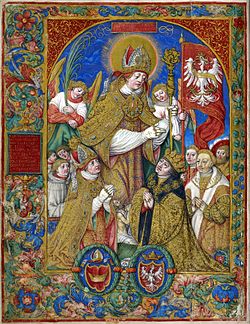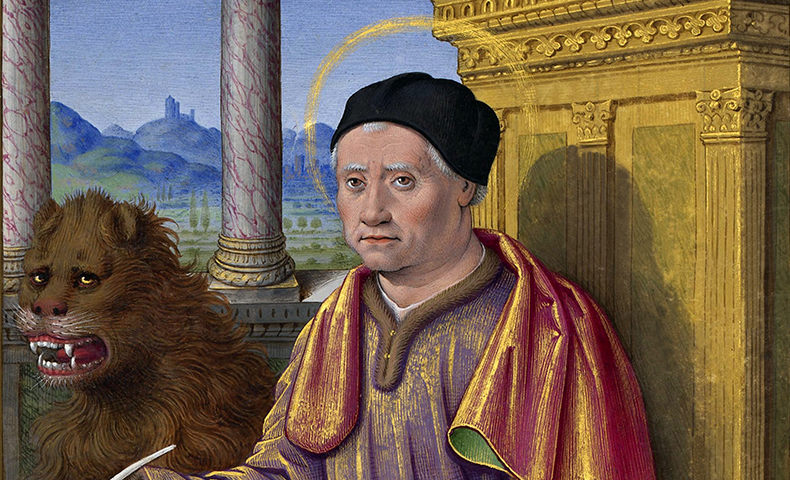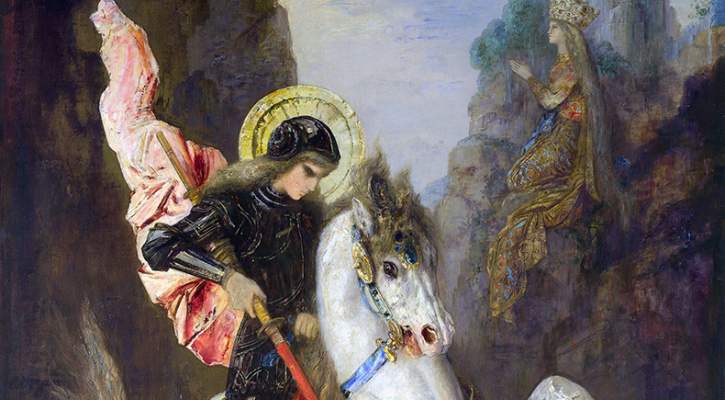TODAY’S SAINT: St. Stanislaus (1030-1079)

Betrayal and faltering loyalty to Jesus
April 11, 2017
Founder’s Quote Daily Apr 12, 2017
April 12, 2017
American Catholic
Anyone who reads the history of Eastern Europe cannot help but chance on the name of Stanislaus, the saintly but tragic bishop of Kraków, patron of Poland. He is remembered with Saints Thomas More (June 22) and Thomas Becket (December 29) for vigorous opposition to the evils of an unjust government.
Born in Szczepanow near Kraków on July 26, 1030, he was ordained a priest after being educated in the cathedral schools of Gniezno, then capital of Poland, and at Paris. He was appointed preacher and archdeacon to the bishop of Kraków, where his eloquence and example brought about real conversion in many of his penitents, both clergy and laity. He became bishop of Kraków in 1072.
During an expedition against the Grand Duchy of Kiev, Stanislaus became involved in the political situation of Poland. Known for his outspokenness, he aimed his attacks at the evils of the peasantry and the king, especially the unjust wars and immoral acts of King Boleslaus II.
The king first excused himself, then made a show of penance, then relapsed into his old ways. Stanislaus continued his open opposition in spite of charges of treason and threats of death, finally excommunicating the king. The latter, enraged, ordered soldiers to kill the bishop. When they refused, the king killed him with his own hands.
Forced to flee to Hungary, Boleslaus supposedly spent the rest of his life as a penitent in the Benedictine abbey in Osiak.
Comment: John the Baptist, Thomas Becket, Thomas More and Stanislaus are a few of the prophets who dared to denounce corruption in high places. They follow in the footsteps of Jesus himself, who pointed out the moral corruption in the religious leadership of his day. It is a risky business: “Let the one among you who is without sin be the first to throw a stone…” (John 8:7b).
Quote: “Men desire authority for its own sake that they may bear a rule, command and control other men, and live uncommanded and uncontrolled themselves” (St. Thomas More, A Dialogue of Comfort).




